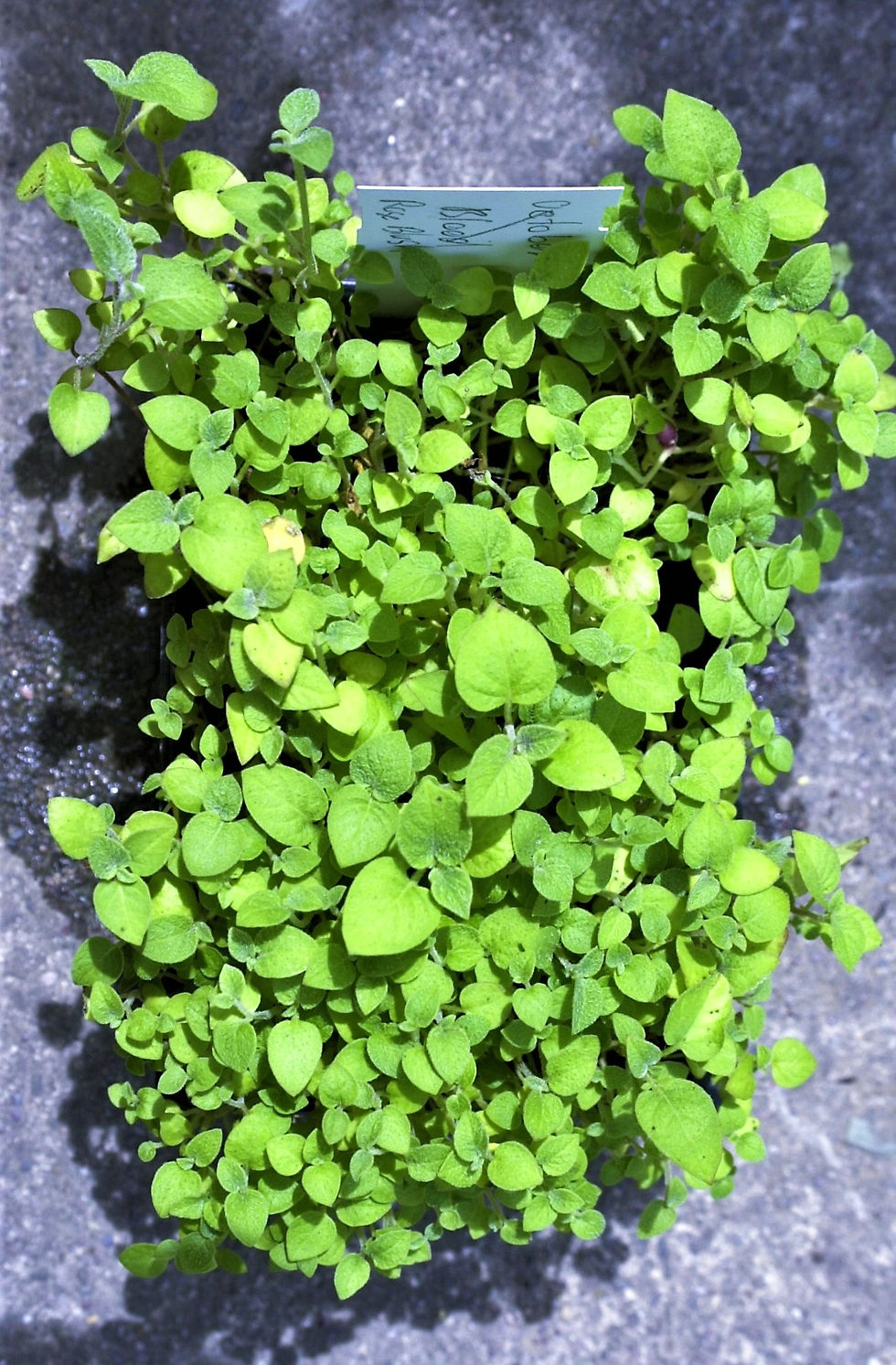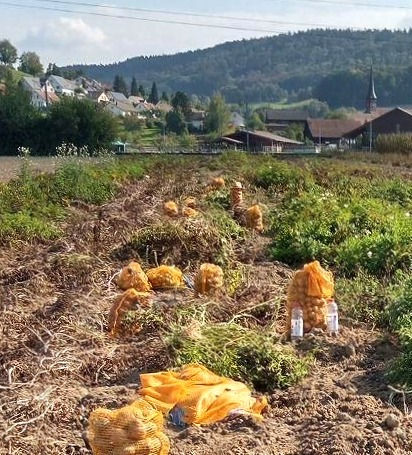
PROJECT 01
Resistant potatoes.
The high use of pesticides in agriculture poses a major threat to our ecosystems. Water quality is decreasing, soil organisms are dying en masse and insects are suffering from constant poisoning.
Resistant potato varieties can prevent these problems and reduce the use of pesticides by 90%, as they can defend themselves against pathogens.
Late blight is the greatest enemy of potatoes. This disease in which the herb dies prematurely is caused by Phytopthora infestans. This oomycete cannot be eradicated with pesticides and is able to break through simple resistances with time, which is why it is necessary to continuously breed new, more resistant varieties.
For that reason tasty, high-yielding, well-shaped potatoes are crossed with particularly resistant potatoes. TPS (True Patatoe Seeds) are obtained from the berries and new varieties are grown in breeding trays. These are treated with late blight contaminated water and thus selected for resistance. The surviving potatoes will be yield-tested on the field in the next year and, if possible, go into the variety registration after further tests.
In order to exchange expertise and experience, we work with potato producers and specialists in Peru, the country with the most endemic potato varieties.

soaked in water for seed extraction

TPS-seedlings from crossings with resitant varieties

on the field tested varieties in yellow bags

in the high plateaus of Peru
